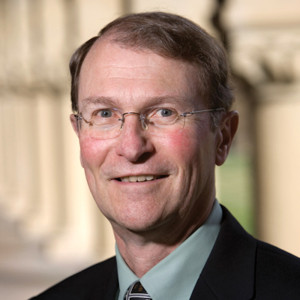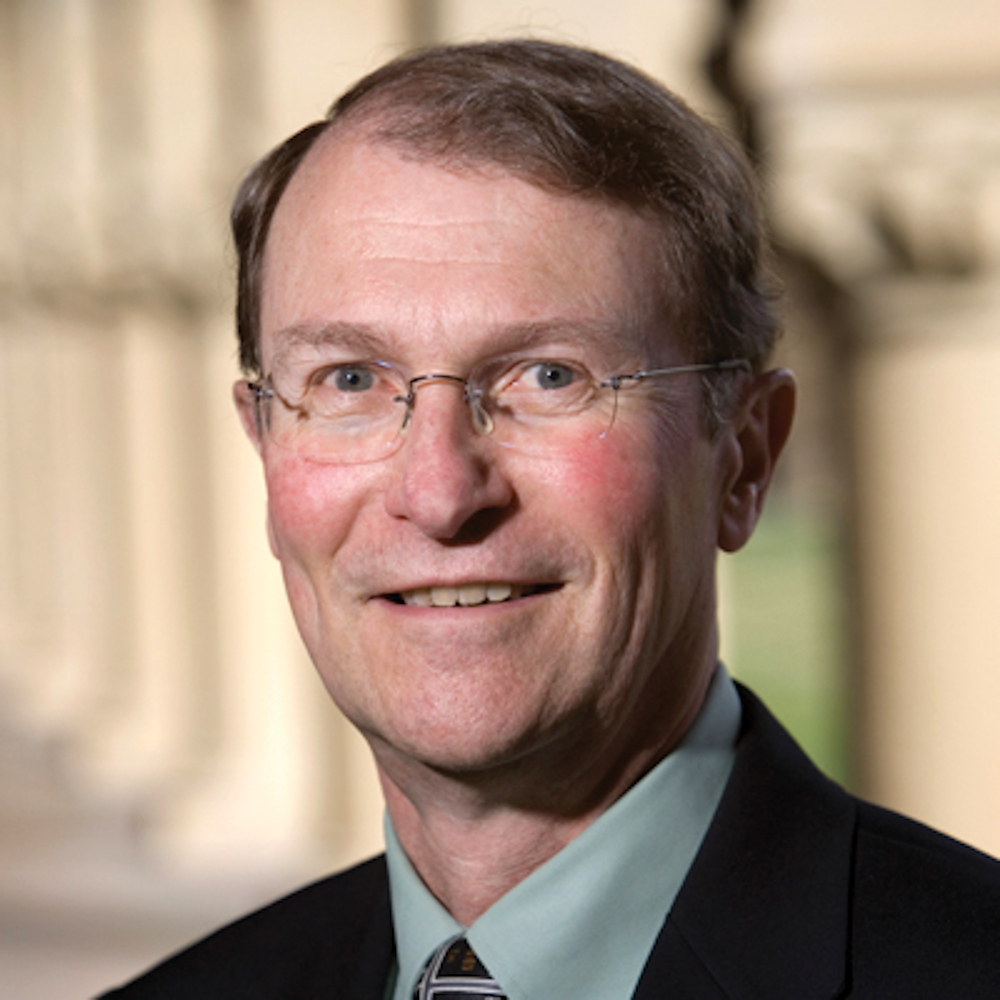
Professor Franklin “Lynn” Orr is the director of the Precourt Institute for Energy and previously served as the director of Stanford’s Global Climate and Energy Project from 2002 to 2008, as well as the Chester Naramore dean of earth sciences from 1994 to 2002. He is currently a senior fellow at the Stanford Woods Institute for the Environment. The Stanford Daily recently sat down with Orr to discuss his nomination by President Obama to serve as the under secretary for science at the U.S. Department of Energy.
The Stanford Daily (TSD): Congratulations on your nomination. When were you notified?
Franklin “Lynn” Orr (FO): The official notification was with the press release from the White House on Thursday afternoon, but I had a little warning that that was going to happen.
TSD: You’ve been nominated as the under secretary for science at the U.S. Department of Energy. What exactly does that position entail?
FO: Within the Department of Energy, there’s an office of science, and what it does is to provide support for scientific research…They are also involved with many of the national laboratories that provide user facilities for scientists around the country, so SLAC is one of those for example…
You can think of it as the under secretary who looks after the energy research program for the United States. But remember that each of these programs has their own assistant secretary who really has a lot to deal with as well, so this kind of a position that works with all of the assistant secretaries.
TSD: What do you see as the main challenges that the Department of Energy faces today?
FO: The challenge we have to face is that we need to supply the energy that people need to live comfortable and productive lives. Energy is woven completely through the fabric of modern societies. We live in a place like this where we are so fortunate to really have all the energy we need and at a reasonable price, but that’s not true for everybody in the world, so working on ways to supply energy in a secure and reliable way, to supply energy in way that is better balanced with the planetary systems…At the same time, doing it in way that we can afford—so the economic side of things as well.
TSD: Assuming that you are confirmed into the role as under secretary, how would you hope to accomplish these goals? How would that play out?
FO: The Department of Energy has a whole lot of really talented people there, and the national laboratories around the country. Part of the job is figuring out how to use all those assets as effectively as we can, and part of it is supporting the research that is done in lots of academic institutions around the country. Both of those functions are very important.
TSD: In the past, you were dean of the School of Earth Sciences, founding director of the Global Climate and Energy Project, and you currently lead the Precourt Institute for Energy. Where did your passion for environment and energy come from?
FO: At the very beginning of my career I worked for the Environmental Protection Agency, and I worked on the implementation of the Clean Air Act, which had just passed in 1970. That was largely about air pollution and those kinds of things, but it stuck with me over the years and I’ve spent my whole career working on energy in some ways.
Part of it was oil recovery—getting oil out of the ground; part of it was pushing high pressure [carbon dioxide] back into the ground, and then in the last decade or thereabouts, it’s very much been about how do we supply the energy that the world needs but at the same time, reduce impacts like carbon emissions and other air pollution. So in one way or another, I’ve really spent my whole career working in related areas.
TSD: Assuming again that you are accepted in to the under secretary position, you will have to step down from your role at Stanford. What do you think you’ll miss most about Stanford?
FO: I think what I’ll miss the most is teaching my classes. I’m actually teaching an energy class with a couple of colleagues this quarter as part of Thinking Matters—it’s just such fun. And then I teach my other classes for graduate students as well. I just know for a fact that I’m going to miss that part a whole lot. They’ll be plenty of chances in Washington to think about energy matters but I don’t think I’ll be teaching any Stanford students there.
Contact Alexa Liautaud at alexal ‘at’ stanford.edu.
A previous version of this article incorrectly named the Stanford Woods Institute for the Environment as the Woods Institute for the Environment. The Daily regrets this error.
